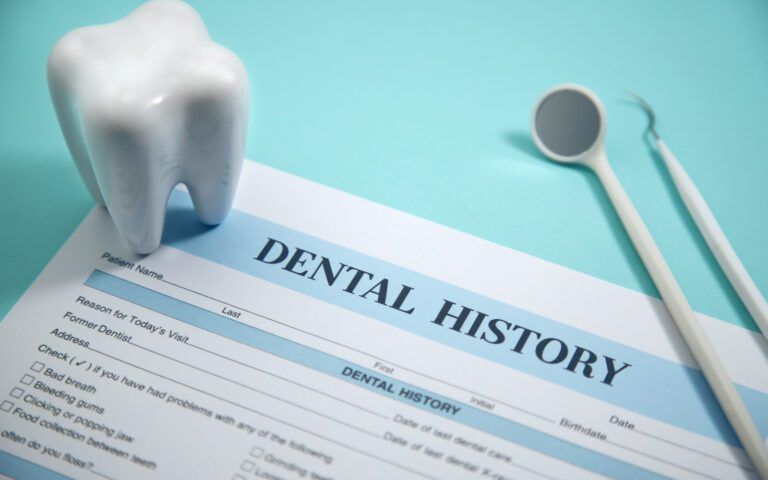What To Do In The Face of Oral Cancer: An Endodontists Approach

Endodontists noticing early warning signs of cancer should always be obligated to perform a thorough oral examination to determine the type and level of severity of that cancer. This means inspecting areas not normally looked at during regular examinations, inspecting the soft and hard tissues within the mouth and other areas of the face that may be affected by cancer.
Types of Oral Cancers That Affect The Mouth
It’s important to note that oral cancers can commonly occur in many different places within the oral cavity and facial regions. Endodontists attempting to diagnose oral cancer should always look not only in the mouth region but also the salivary glands, throat region, jawline, tongue, and other areas of the face to see whether or not the oral cancer is malignant or benign.
For patients faced with the possibility of cancer, it’s important to know what types of cancers could affect the face and mouth. These cancers include:
- Lymphoma: This cancer typically occurs within the lymph node regions of the body, and while normally appearing in areas such as the armpits, areas where lymph nodes exist can also appear around the oral cavity.
- Mucosal Melanoma: Mucosal melanoma is a type of cancer that appears within the mucous membranes found throughout the body, including the mouth.
- Sarcoma: Sarcoma cancer affects the tissues such as fat, nerves, bones, fibrous tissues, and blood vessels and can easily appear in the mouth.
- Minor Salivary Gland Cancer: While considered a classification of specific types of cancers, these types of carcinomas affect the salivary glands throughout the mouth.
What To Do In The Face of Oral Cancer
Most types of oral cancers that affect patients are considered malignant, and for endodontists in this position, seeking out referrals to an oral cancer specialist can provide their patients with the best possibility for treatment.
